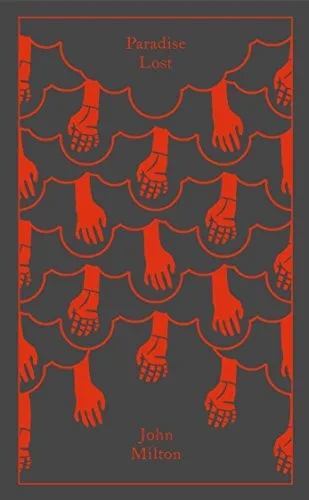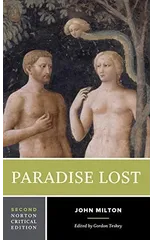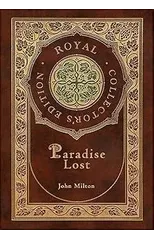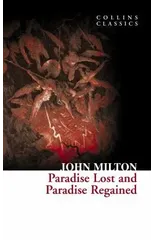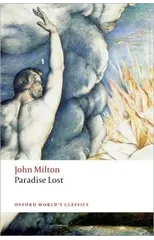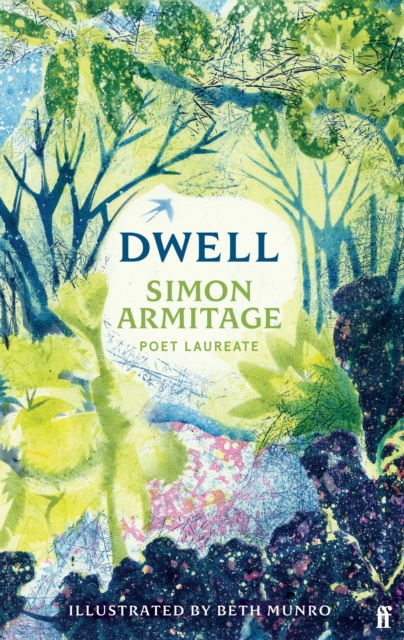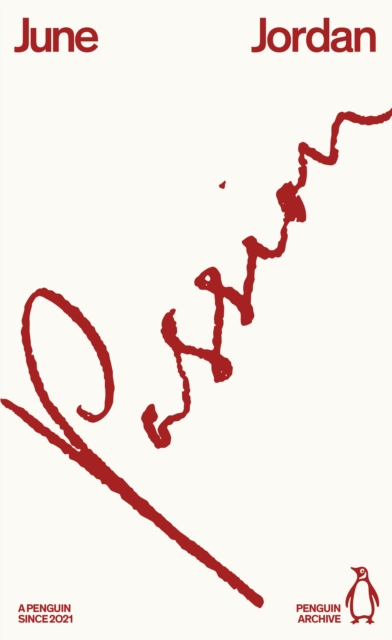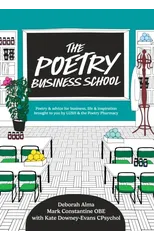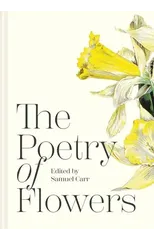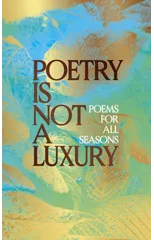Milton's celebrated epic poem, now in a gorgeous new clothbound edition designed by the award-winning Coralie Bickford-Smith. These delectable and collectable editions are bound in high-quality, tactile cloth with foil stamped into the design. In Paradise Lost Milton produced a poem of epic scale, conjuring up a vast, awe-inspiring cosmos and ranging across huge tracts of space and time. And yet, in putting a charismatic Satan and naked Adam and Eve at the centre of this story, he also created an intensely human tragedy on the Fall of Man. Written when Milton was in his fifties - blind, bitterly disappointed by the Restoration and briefly in danger of execution - Paradise Lost's apparent ambivalence towards authority has led to intense debate about whether it manages to 'justify the ways of God to men', or exposes the cruelty of Christianity. John Milton (1608-1674) spent his early years in scholarly pursuit. In 1649 he took up the cause for the new Commonwealth, defending the English revolution both in English and Latin - and sacrificing his eyesight in the process. He risked his life by publishing The Ready and Easy Way to Establish a Free Commonwealth on the eve of the Restoration (1660). His great poems were published after this political defeat. John Leonard is a Professor of English at the University of Western Ontario.
John Milton
John Milton (1608-1674) was an English poet and intellectual who is best known for his epic poem "Paradise Lost." Considered one of the greatest works in the English language, "Paradise Lost" explores themes of sin, redemption, and free will through the story of Adam and Eve's fall from grace. Milton's writing is characterized by its grandeur, complexity, and use of blank verse.
In addition to "Paradise Lost," Milton's other notable works include "Paradise Regained" and "Samson Agonistes." His works often reflect his deep religious convictions and his belief in the power of the individual to overcome adversity. Milton's contributions to literature include his advocacy for freedom of speech and his use of poetry as a means of exploring complex philosophical and theological ideas.
Overall, John Milton's impact on the literary genre of epic poetry is profound, as his works continue to be studied and revered for their eloquence, depth, and timeless themes.
